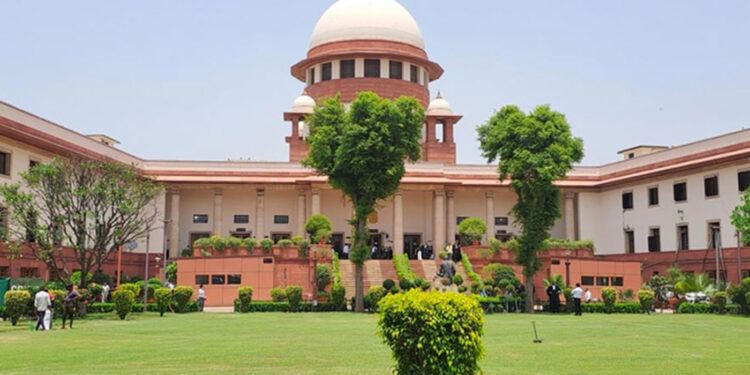The Supreme Court has decided to take a stricter stance on granting bail in cases of custodial torture involving police officers.
While in normal circumstances, we would not typically invoke Article 136 of the Constitution of India to overturn a bail order, this criterion does not apply in cases of custodial death involving police officers as accused. Such offenses are grave and serious in nature.The panel of Justices Aniruddha Bose and Sanjay Kumar overturned the High Court’s decision to grant bail to the accused police official.
Upon reviewing the charge sheet, the court determined that the accused police official’s involvement in the alleged offenses was not limited to merely driving a police vehicle. The accused police official was found to have a specific role in the commission of the alleged offenses under Section 34 read with Sections 302, 330, 331, 218, and Section 120-B of the Indian Penal Code.
“We have reviewed the charge sheet and noted that respondent No. 3 is attributed a certain role in the alleged offenses, beyond just being a driver of a police vehicle. The CBI’s status report also supports this view. While these factors must be independently assessed during the trial, we are considering them for the purpose of bail for respondent No. 3.”
Citing its judgment in the case of State of Jharkhand v Sandeep Kumar, the court deviated from the general approach to bail and adopted a stricter stance. It emphasized that the allegation of custodial death against the accused-police official is grave, a factor not adequately considered by the High Court when granting bail.
“Based on the charge sheet’s contents, we believe this was not a case where he should have been granted bail within one and a half years of his initial detention. Therefore, we overturn the impugned order and direct respondent No. 3 to surrender before the CBI Court within four weeks. Once surrendered, he will be taken into custody by the concerned Court,” the court concluded.

















